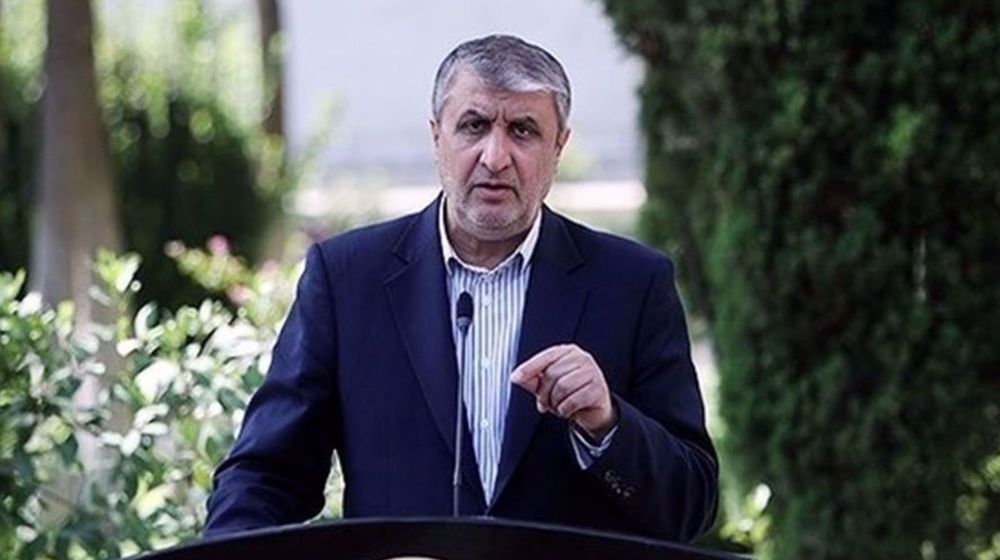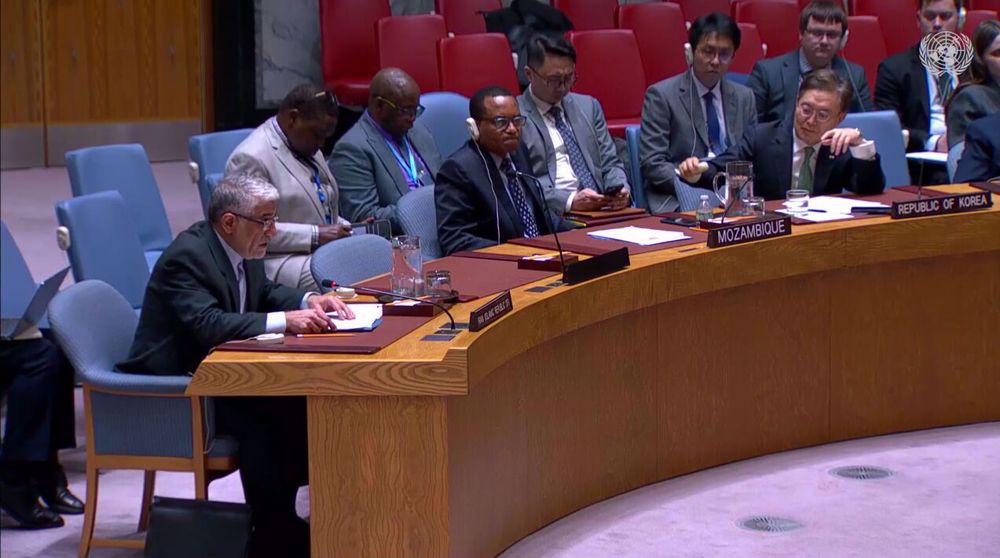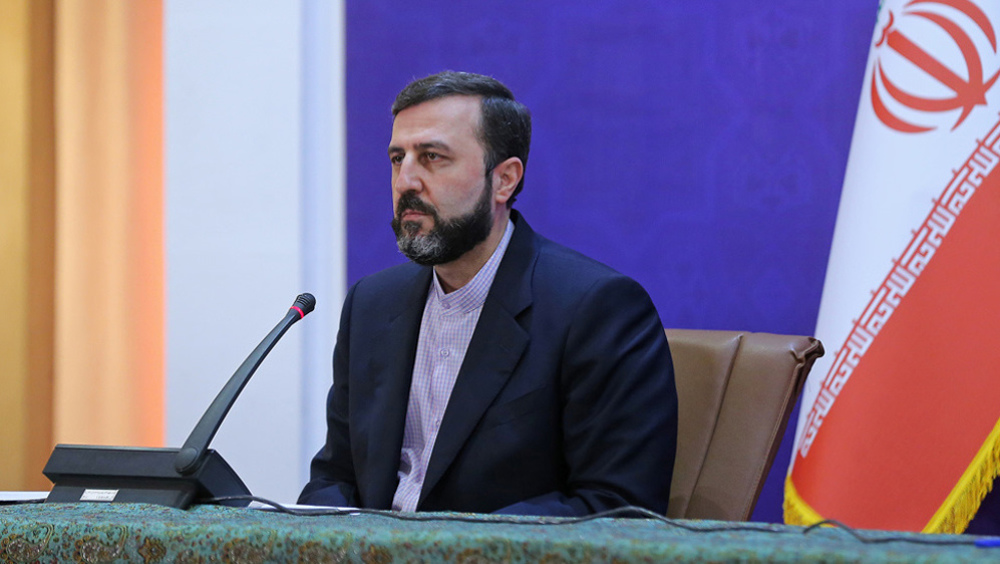Iran informs JCPOA Joint Commission of Europeans' violation of commitments: Senior diplomat
Iranian Deputy Foreign Minister for Political Affairs Abbas Araqchi says the three European signatories to the 2015 nuclear deal with Iran have not abided by their commitments and this is why Iran has requested activation of the deal’s dispute resolution mechanism in a letter to the European Union’s foreign policy chief.
The EU foreign policy chief said on July 3 that he had received a letter from Iran that demands triggering the dispute resolution mechanism of the nuclear deal over the failure of the three European signatories to the agreement to honor their commitments.
Josep Borrell said the letter written by Foreign Minister Mohammad Javad Zarif referred Iran's concerns regarding the implementation of issues on the part of France, Germany and Britain to the Joint Commission of the nuclear deal -- officially known as the Joint Comprehensive Plan of Action (JCPOA) -- for resolution through the dispute process set out in the agreement's paragraph 36.
The international nuclear deal had been reached between Iran and the P5+1 group -- the US, Britain, France, Russia and China plus Germany -- in 2015. However, in May 2018, US President Donald Trump unilaterally pulled his country out of the JCPOA and later re-imposed the sanctions that had been lifted against Tehran and began unleashing the “toughest ever” fresh sanctions.
“We believe that what the three European countries did is in contravention of their commitments under the JCPOA, and we have informed the Joint Commission of this issue and the Joint Commission will decide on the reactions,” Araqchi said on Monday.
He added that Borrell is in consultation with the remaining signatories to the JCPOA on a session that is necessary to be convened to make a decision about the Iranian foreign minister's letter.
The senior Iranian diplomat emphasized that Tehran has triggered the dispute resolution mechanism to inform the Joint Commission of its stance on the trio's lack of commitment to their obligations under the JCPOA.
"If a member of the JCPOA fails to fulfill its commitments or violates its obligations under the JCPOA, the opposite side can file a complaint with the Joint Commission based on the dispute resolution mechanism," Araqchi said.
The Iranian foreign minister said earlier this month that he has triggered the dispute resolution mechanism of the 2015 nuclear deal.
“Don't believe the hype: Iran triggered JCPOA DRM (Dispute Resolution Mechanism) on at least 6 occasions (in ref to US AND E3 violations),” Zarif tweeted on July 4.
Russia's permanent representative to international organizations in Vienna Mikhail Ulyanov later warned the participants to the JCPOA against engaging in “fruitless and potentially damaging disputes,” urging them to do their best to preserve the agreement.
“#E3 and #Iran try to launch from different perspectives Dispute Resolution Mechanism. Not a good idea,” the Russian diplomat said, advising all parties to the JCPOA “to think together how to preserve the nuclear deal, which is in a very bad shape,” instead of engaging in “fruitless and potentially damaging disputes of this kind."
It was in mid-January that Germany, Britain and France said they planned to trigger the dispute resolution mechanism, which could restore UN Security Council sanctions against the Islamic Republic.
Reuters cited unnamed European diplomats as saying that the trio would notify the European Union that they were triggering the dispute resolution mechanism whose subsequent mechanism can ultimately lead to a “snapback,” which refers to the re-imposition of anti-Iran sanctions in place under previous UN resolutions.
Read more:
Dec. 22: ‘Axis of Resistance’ operations against Israeli occupation
‘Abhorrent’: Oxfam says only 12 trucks delivered aid in North Gaza since Oct.
VIDEO | Leader receives religious eulogists on Hazrat Fatima birth anniv.
Pope Francis slams Israel’s ‘machine-gunning’ of Gaza children
US hostage-taking of Iranian nationals violation of intl. law: Deputy FM
VIDEO | Carol Singers for Palestine on London’s Parliament Square
Ansarullah says ‘Israeli terrorists’ incapable of confronting Yemen, warns of secret weapons
VIDEO | Yemenis praise the military for its successful operations against Israel













 This makes it easy to access the Press TV website
This makes it easy to access the Press TV website